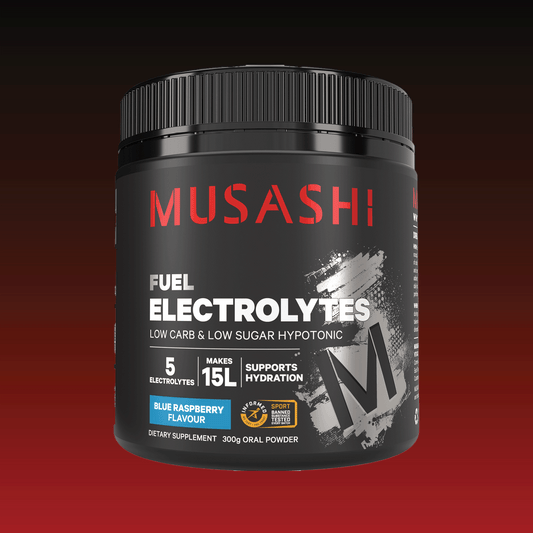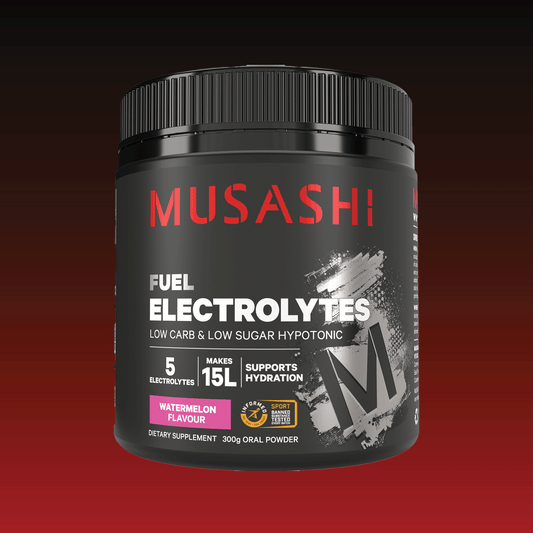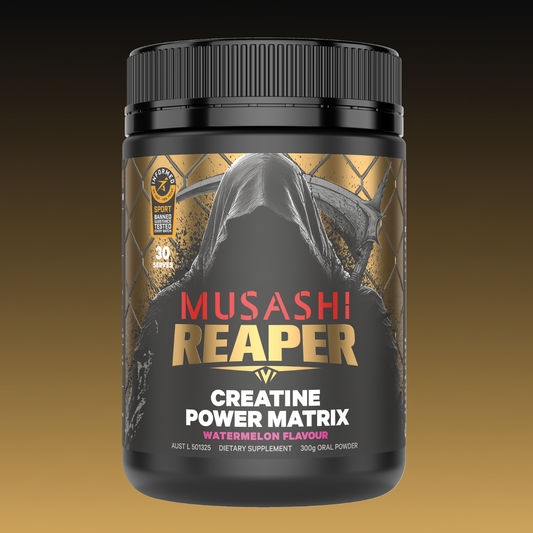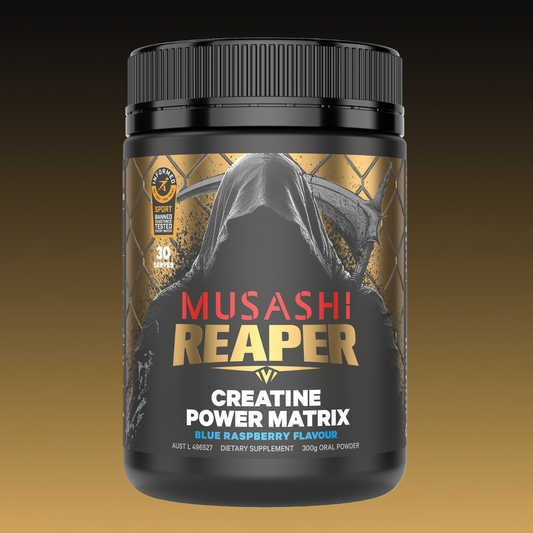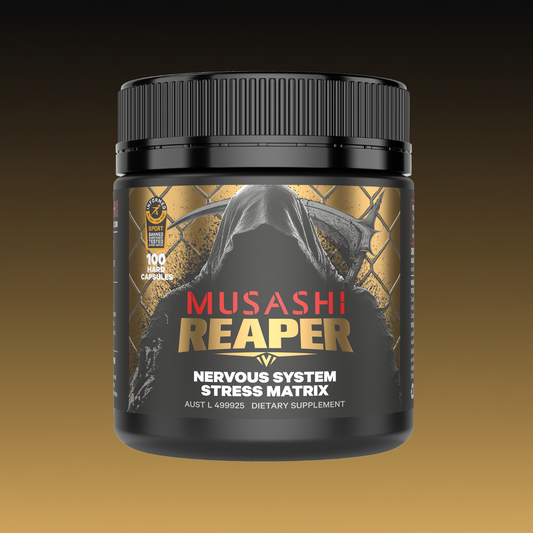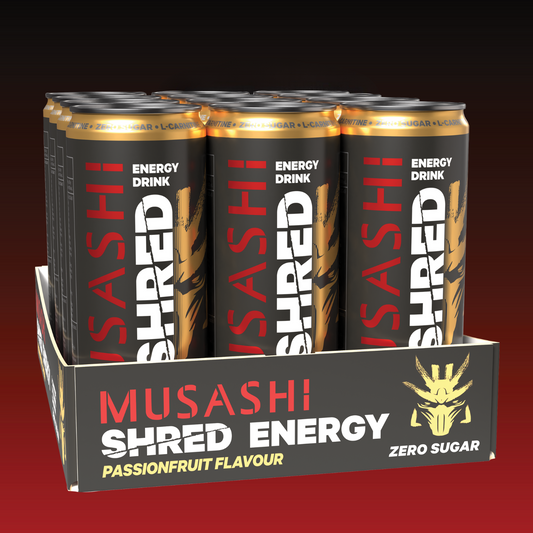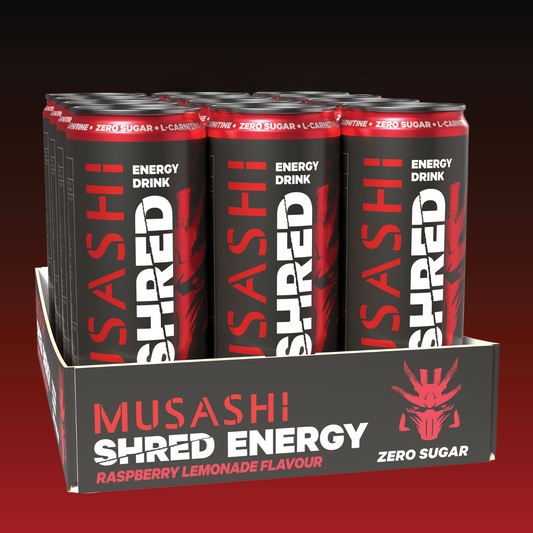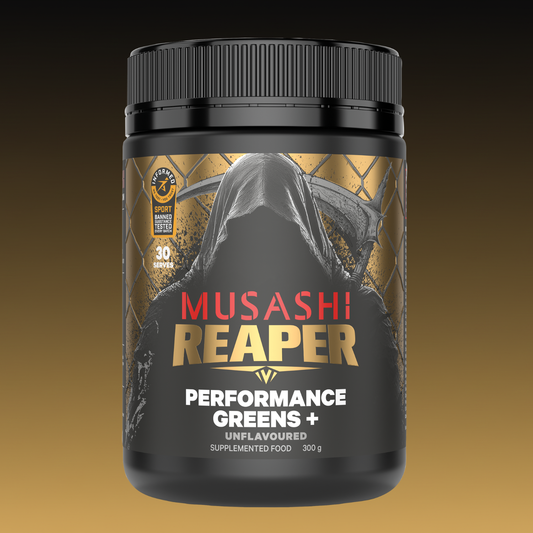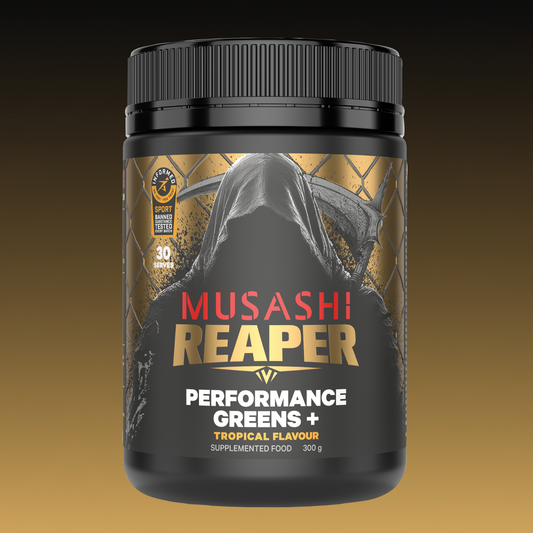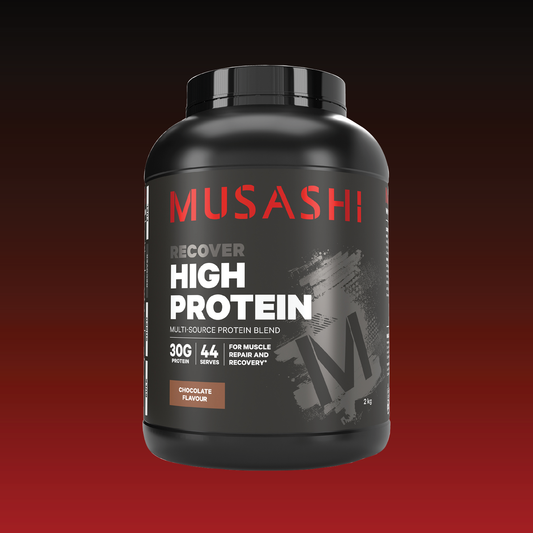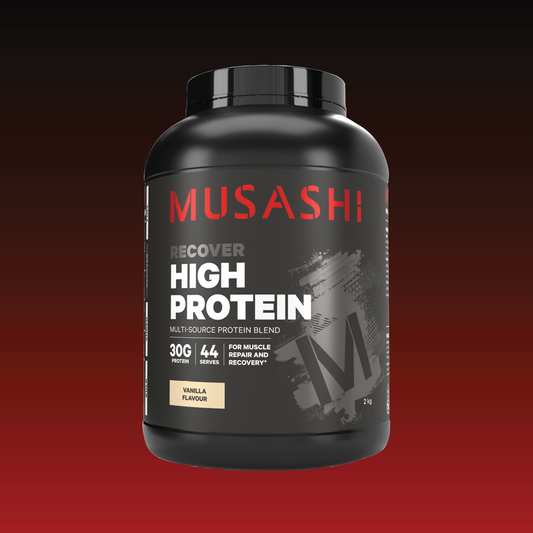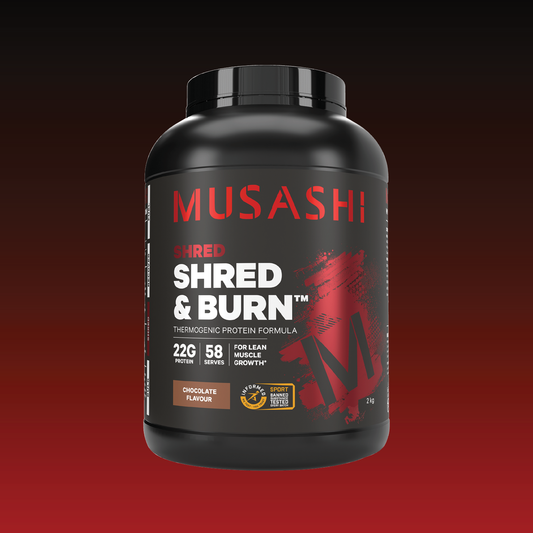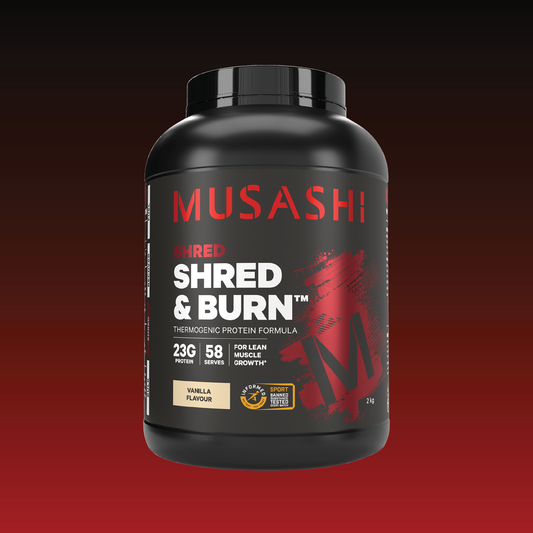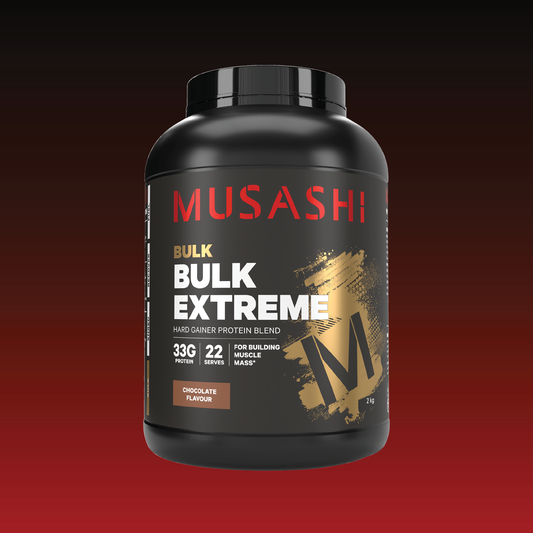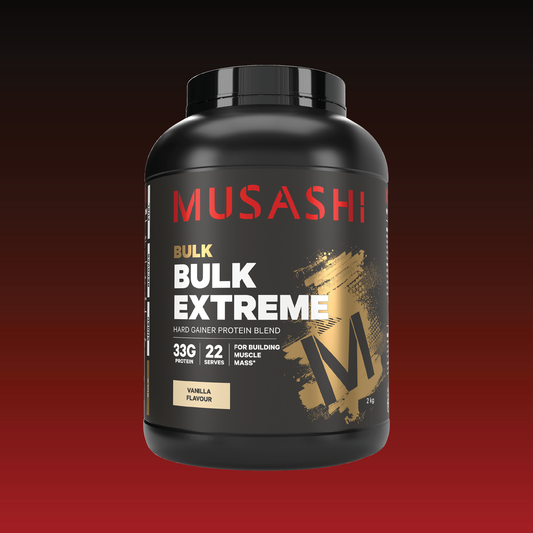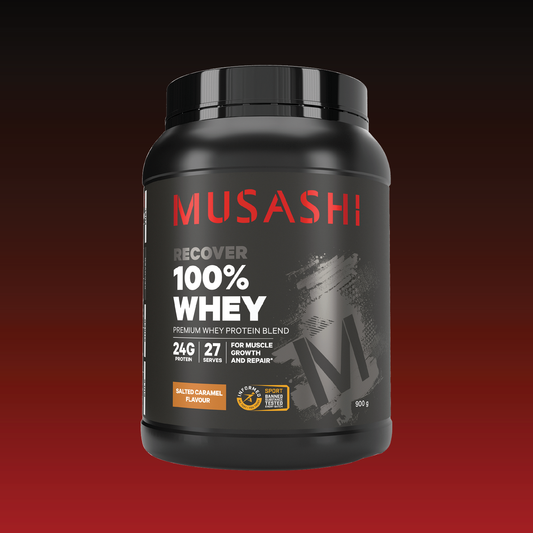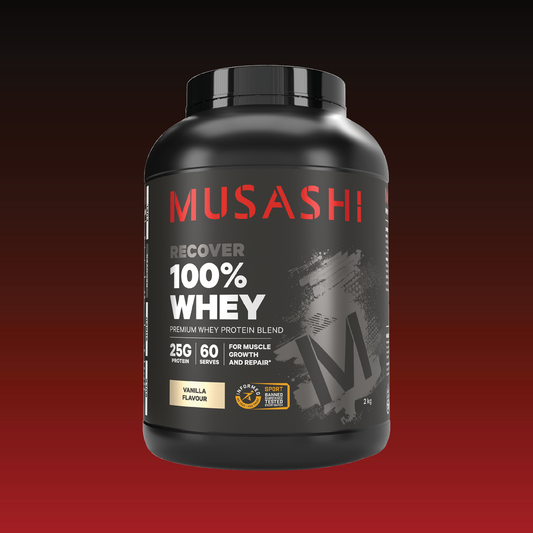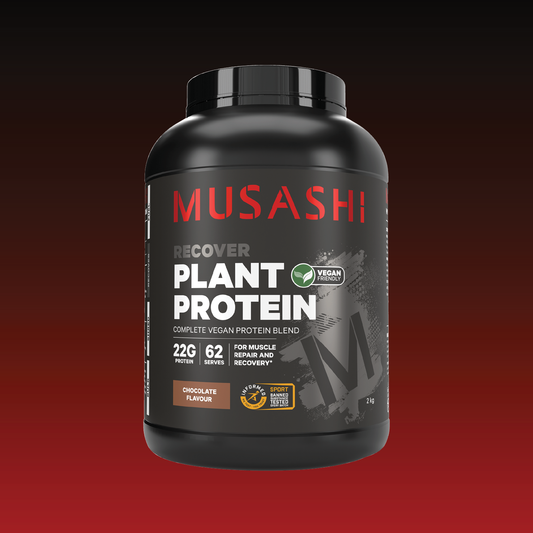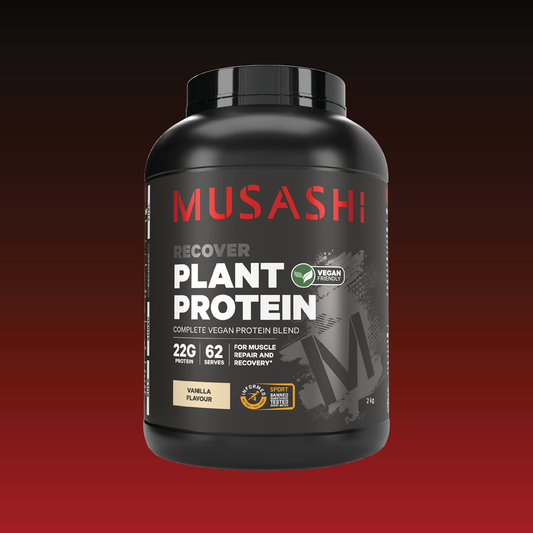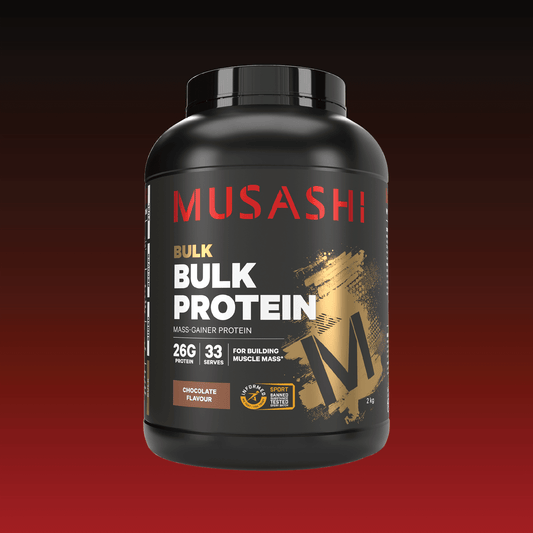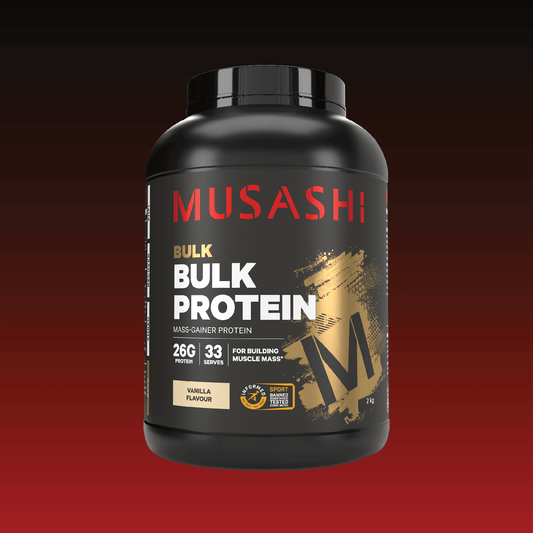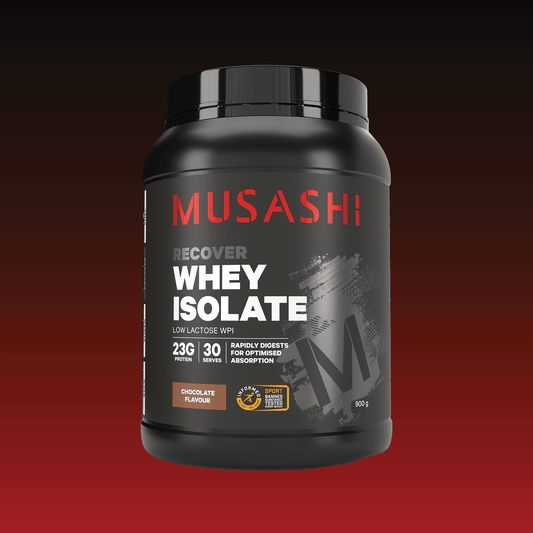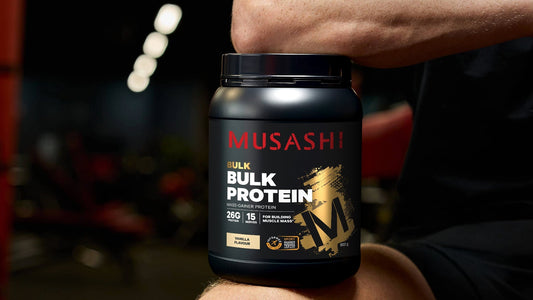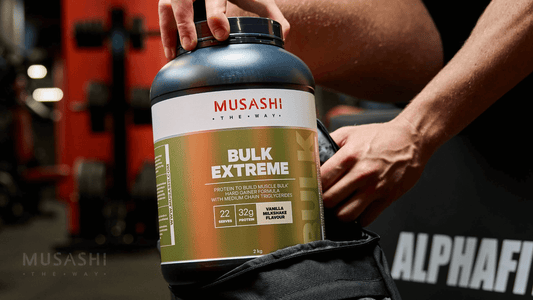
Weight loss revolves around a simple principle: creating a calorie deficit by burning more calories than consumed. This guide explores effective weight loss techniques which involves understanding one's daily calorie needs, balancing nutrition, exercise, and incorporating supplements like Musashi Shred and Burn.
Understanding Calorie Deficit
Weight gain results from consuming more calories than expended.
A calorie deficit occurs when fewer calories are consumed than expended daily, often achieved through a combination of reduced calorie intake and increased physical activity.
For example, if you eat 1500 calories (6276 kJ) a day and burn 2000 calories (8368 kJ), you will be in 500 calorie (2092kJ) deficit.
Calculating Daily Calorie Needs
There are many different calculations available online to work out the number of calories a person requires each day. The calculation takes into consideration a person’s age, gender, weight, and daily activity level. The maintenance calories (Basal Metabolic Rate)– refers to the number of calories that your body burns when you are doing absolutely nothing e.g., lying in bed all day. Once you have worked out your daily calorie intake, you can then minus 10% for calorie deficit.
The following calculation refers to the Schofield Equation[1].
BMR Equation
Male: 18 - 29 years BMR = 15.1 x Weight kg + 692 = maintenance calories
Activity level (select activity level that best describes you)
Active = 1.6 (sedentary job- train 4-5 times a week)
Very active= 2.0 (physical job and train 4-6 times a week)
Example
15.1 x 80kg + 692 = 1900 Kcal
1900 x 1.6 (active) = 3040 Kcal per day
3040 – 10% (for weight loss) = 2736kcal per day to achieve weight loss
Most often for weight loss will result in increased exercise and reduced calories.
Approaching Weight Loss Safely
Weight loss can be challenging for many people. If you cut calories too drastically, your nutritional intake will not support proper training and recovery, which can increase risk of injury, illness and overtraining. When starting your new weight loss journey, aim to cut daily calories by 300-500 Calories.
Role of Protein in Weight Loss
Protein helps to limit muscle loss while you lose fat. Aim to consume 1.8-2.0 grams per kg of protein each day.
Musashi Shred and Burn Benefits
Musashi Shred and Burn is an advanced thermogenic protein powder containing 20g of protein per serve to assist muscle recovery and development post workout. Musashi Shred and Burn is designed to reduce the absorption and production of fats while stimulating the metabolism to release and burn stored body fat.
How it works
Thermogenesis is the process of generating energy and heat into cells of the body, burning calories in the process. Thermogenic ingredients such as garcinia cambogia, nicotinic acid and caffeine assist metabolism and fat burning.
Performance Benefits
Consumed alongside a healthy diet and exercise program Musashi Shred and Burn can assist fat burning while also preserving muscle.
Strategies for Healthy Weight Loss
While exercise is important when it comes to slimming down and toning up, nutrition plays an even bigger factor. Musashi Shred and Burn provides muscle recovery benefits as well as fat loss results. Below are five top tips to help burn fat, maintain muscle, and improve recovery.
- Work out your personal calorie deficit and factor it into your daily lifestyle e.g., increase exercise or decrease calorie intake.
- Create a manageable eating routine, eat breakfast/ lunch and dinner at the same time each day and focus on what you are eating, with minimal distraction from electronic devices.
- Consume Musashi Shred and Burn twice a day, even on non-training days e.g., 10am and 3pm. This will help to keep your metabolism working hard and assist with calorie deficit.
- Reduce stress and improve recovery by including rest days in your training schedule.
- Accelerate calorie burning by using Musashi Carnitine alongside Musashi Shred and Burn on training days.
[1] Schofield WN (1985). "Predicting basal metabolic rate, new standards and review of previous work.".
Hum Nutr Clin Nutr 39 Suppl 1: 5–41
